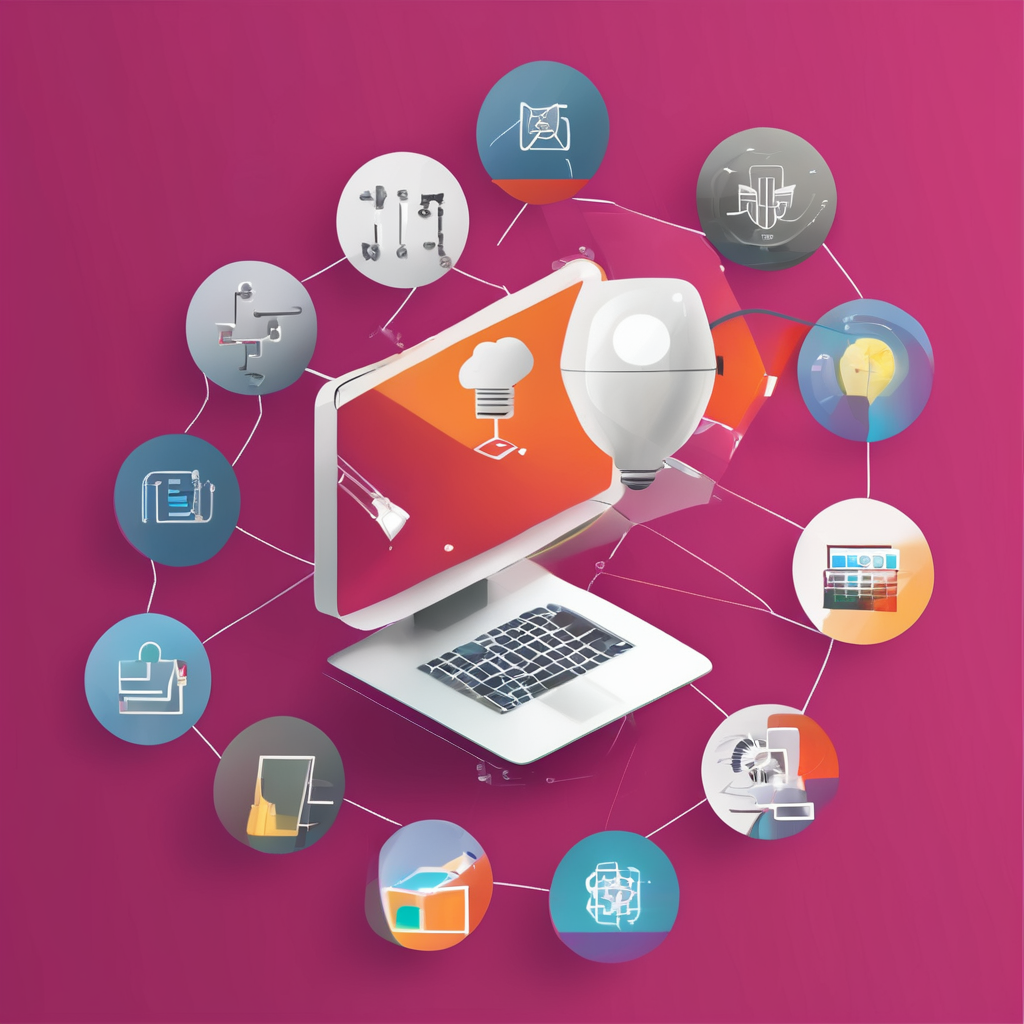Overview of Voice Recognition Technology in Healthcare
Voice recognition technology has been profoundly transformative in the realm of healthcare technology. Its evolution has been driven by advances in artificial intelligence and natural language processing, allowing for more sophisticated applications. The application of voice recognition in the healthcare sector has become increasingly important, primarily for enhancing patient-provider communication and streamlining data entry.
In the UK, there has been a notable trend towards the adoption of voice recognition in healthcare settings. As of recent statistics, adoption rates show a significant increase, indicating that many healthcare institutions are recognising its potential to improve efficiency and accuracy. This move not only assists in reducing the cognitive load on providers but also enhances patient engagement by providing easier access to information.
This might interest you : Building a Secure Blockchain Voting Platform for Local Elections in the UK: Your Ultimate Step-by-Step Blueprint
The potential of voice recognition goes beyond mere operational efficiency; it enables more accurate documentation, thereby reducing errors in patient records. As the technology continues to evolve, its role in UK healthcare is anticipated to expand, offering even more innovative solutions to longstanding challenges.
Innovative Healthcare Apps Utilizing Voice Recognition
Innovative healthcare apps in the UK are increasingly harnessing the power of voice recognition to offer groundbreaking solutions. These apps aim to improve patient experience and operational efficiency by introducing intuitive and user-friendly features.
Have you seen this : Mastering AI-Powered Sentiment Analysis: Strategic Approaches for the UK Retail Industry
Notable Examples of UK Healthcare Apps
Several healthcare apps exemplify how voice recognition technology can transform healthcare experiences. For instance, the UK-based app Babylon Health employs voice analysis to streamline symptom checking and scheduling, enhancing patient accessibility and convenience.
Features of Voice Recognition in These Apps
Voice recognition in healthcare apps often includes voice-to-text capabilities, enabling doctors to record patient notes without manual entry, thus saving time and reducing errors. Additionally, these apps often provide voice-operated navigation within the application, making them accessible to users with visual impairments or those less comfortable with traditional interfaces.
User Adoption and Feedback
User feedback on these innovative solutions highlights increased satisfaction and engagement, thanks to the convenience and intuitiveness that voice recognition brings. Patients and healthcare providers alike praise the seamless integration of voice functionality, noting its potential to simplify the user experience and enhance efficiency.
Benefits of Voice Recognition Technology for Patients and Providers
Voice recognition technology in healthcare offers significant advantages for both patients and providers. For patients, one crucial benefit is the enhancement of experience and accessibility. With voice-operated systems, patients can easily access their medical information and navigate through services, eliminating the need for complex paperwork or digital interfaces.
For healthcare providers, the technology markedly increases efficiency and accuracy. Tasks that traditionally require substantial time, such as transcribing notes or updating medical records, become seamless operations through voice-to-text functionalities. This efficiency frees up time for healthcare professionals to focus on direct patient care, improving overall service quality.
Moreover, voice recognition simplifies administrative tasks, reducing error rates in medical documentation and contributing to more reliable healthcare outcomes. Providers report a marked decline in the cognitive load, allowing for better decision-making and patient interaction.
In summary, voice recognition technology not only provides tangible technological advantages in streamlining health services but also brings patient-centred improvements that align with the goals of modern healthcare systems. These benefits underscore why its adoption is steadily rising across UK healthcare.
Challenges in Adoption of Voice Recognition Technology in Healthcare
Navigating the adoption of voice recognition in healthcare technology presents several hurdles. Despite its advantages, healthcare organisations face significant adoption challenges, which slow integration into mainstream services.
Technical and Operational Challenges
Healthcare providers often encounter technical roadblocks, such as system compatibility and the need for robust infrastructure to support voice recognition. These operational challenges require substantial investments, both financially and in terms of skilled personnel.
Privacy and Security Concerns
Patient data privacy is a major concern in UK healthcare. Integrating voice technology introduces potential vulnerabilities. Ensuring comprehensive cybersecurity measures are in place to protect sensitive information is paramount.
Resistance to Change Among Professionals
Healthcare professionals may show resistance to change, fearing disruptions to established workflows. Training programmes and demonstrations of the benefits can help alleviate these concerns by showcasing improvements in efficiency and patient care.
Understanding these challenges aids in strategising effective solutions for seamless technology integration, ultimately enhancing healthcare technology.
Future Trends in Voice Recognition for UK Healthcare
The future of voice recognition in UK healthcare is poised for transformative growth. Experts predict that as technological advancements continue, there will be a deeper integration with artificial intelligence (AI) and machine learning. This integration is expected to enhance precision, making healthcare processes more efficient and intuitive.
As healthcare innovations evolve, the use of voice recognition technology is likely to expand beyond traditional applications. It could potentially offer more personalised patient interactions, such as customised health advice or reminders, enhancing the overall patient experience. Moreover, this technology’s adaptability will allow it to be tailored to specific needs within various healthcare settings.
Industry experts foresee an increase in healthcare innovations, where voice recognition becomes a standard component of healthcare delivery. This is expected to streamline administrative processes and further reduce the cognitive load on providers, ultimately improving the patient-provider relationship. As voice recognition becomes more sophisticated, it will also likely enter new domains within the healthcare sector, addressing previously unmet needs and fostering innovation across the board.
Expert Opinions and Interviews
Incorporating insights from healthcare leaders offers valuable perspectives on the practical applications of voice recognition within the sector. Industry professionals emphasise the transformative potential of this technology, highlighting its ability to enhance operational workflows. A key insight from experts is the importance of aligning technology with clinical needs to ensure optimal utility.
Perspectives from Industry Professionals
Professionals note that successful voice recognition integration relies heavily on user-centric design. This involves tailored training modules for seamless adoption, addressing both technology integration and user comfort.
Case Studies from Leaders in Healthcare Technology
Case studies from healthcare technology leaders demonstrate practical innovative solutions. For instance, a UK hospital reported a 30% reduction in documentation time after implementing voice-activated systems, showcasing improved provider efficiency.
Outcomes and Recommendations
Experts recommend ongoing collaboration between developers and medical staff to continuously refine voice recognition applications. By focusing on healthcare barriers and iterative feedback, organisations can maximise the benefits of this technology, ensuring it meets the nuanced needs of UK healthcare. Building robust infrastructure and prioritising data security also emerge as critical strategies for successful implementation.











